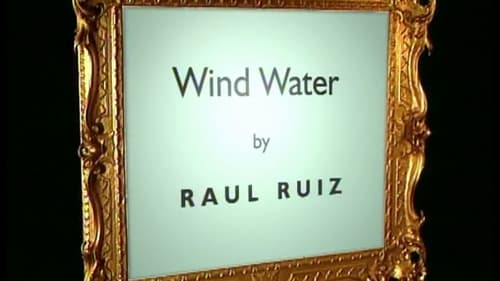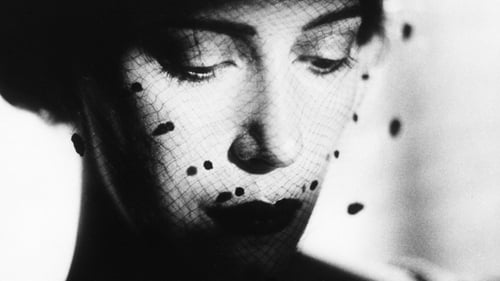
Director
This documentary is featured on the Warner Bros. Chaplin Collection DVD for "The Circus," released in 2004.

Screenstory
Documentary on the making-of Tati's Playtime (1967)

Director
Documentary on the making-of Tati's Playtime (1967)

Director of Photography
In Wind Water, Ruiz stages a three-way dialogue between three great cultures: the West, China and Arabia. He imagines what might occur if Shih-T’ao’s six poetic procedures for attaining the primal respiration or cosmic breath in painting were applied to one of the flagships of Western art, Velazquez’s Las Meninas. Ruiz wants the three cultures to interact and test each other like the paper, stone and scissors of the children’s game. The result is an insoluble dispute, a différend. No reconciliation or compromise is possible between these cultural outlooks.

Assistant Director
A well-bred young woman who prizes the virtue of fidelity remains faithful to the doctor who deflowers her, even after he marries her invalid sister.

Director
Episode of the French television series "Cinéma Cinémas" which documents the discovery of the negatives that led to the completion of the color version of Jacques Tati’s 1949 film "Jour de fête".

Director of Photography
This quickly-filmed avant-garde farce by prolific director Raul Ruiz features an insomniac (Michel Lonsdale) whose main preoccupation is surreptitiously watching private matters -- he is a voyeur. He and an equally disreputable acquaintance rape a woman alongside the Seine, a crime made all the worse because she is pregnant. The rest of this slow-paced film deals with the consequences of that action.

Second Unit Director of Photography
When the child Manuel wanders into a garden that is off-limits to him, he meets an unidentified fisherman, and another boy -- the boy is actually himself several years down the road. Manuel experiences three different versions of his encounters in the garden, revealing that fate can have several twists and turns in one's life, depending on decisions that are made early on.

Assistant Director
La película comienza con una premisa: un estudiante debe salir de Francia pues ha cometido una ilegalidad, un marinero le ofrece su puesto en un buque mercante que está por zarpar, pero a cambio de que escuche su historia. A partir de ahí, el relato no arranca verdaderamente, sino que explota, estalla en múltiples relatos de la vida del marinero y sus encuentros con diversos personajes (un ciego, una bailarina, un hombre de 90 años, un intelectual, entre otros).

Dialogue
La película comienza con una premisa: un estudiante debe salir de Francia pues ha cometido una ilegalidad, un marinero le ofrece su puesto en un buque mercante que está por zarpar, pero a cambio de que escuche su historia. A partir de ahí, el relato no arranca verdaderamente, sino que explota, estalla en múltiples relatos de la vida del marinero y sus encuentros con diversos personajes (un ciego, una bailarina, un hombre de 90 años, un intelectual, entre otros).

Director of Photography
Now Titus' father has died, the new emperor will be free to marry his beloved Bérénice. Also In love with Bérénice, Titus' friend Antiochus plans to flee Rome rather than face the marriage. However, public opinion about the pairing causes Titus to choose his duty to Rome over his love for Bérénice, and he sends his love rival to tell Bérénice the news...

Writer
In 1978, Ruiz was commissioned to make a television documentary about the French elections from the viewpoint of a Chilean exile in Paris’ eleventh arrondissement. But, contrary to the producers’ expectation, the Left lost. Ruiz seized on this anti-climax to make a documentary about nothing except itself – a film whose central subject is forever lost in digression and ‘dispersal’, harking back to his Chilean experiments of the ‘60s. Its political content is deliberately left negligible: it’s hard to tell at the end who did actually win the election, let alone why.

With his body now devoid of substance and able to fly, N. wanders looking for a way to return to life and reintegrate into the world.









